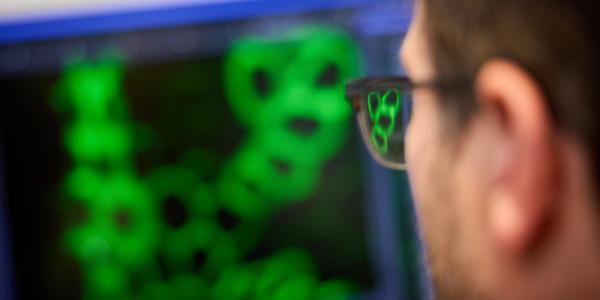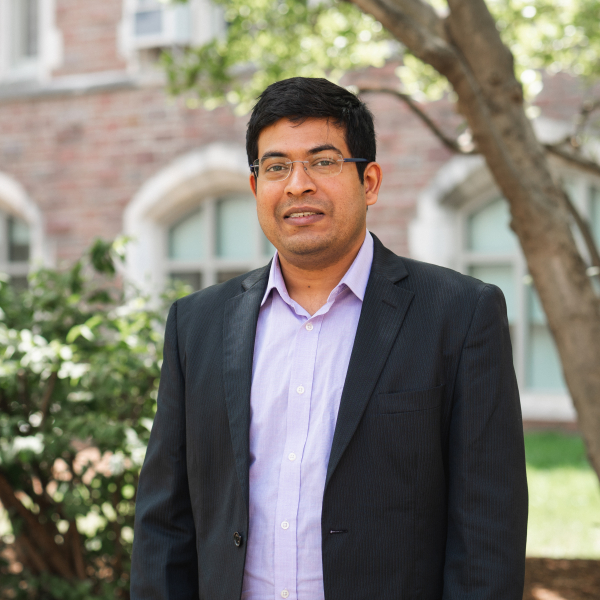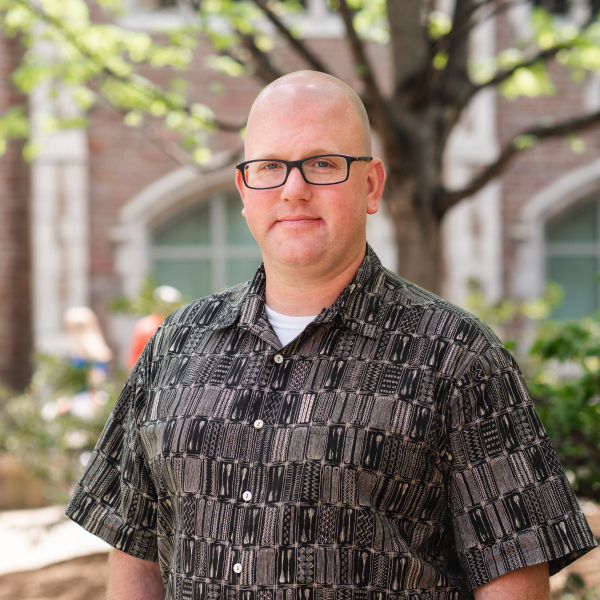A student-run podcast that explores science and medicine through the eyes of experts
In the latest episode of Master Minds, a student-run science podcast co-hosted by WashU seniors Will Leidig and Mishka Narasimhan, the Master Minds team interviews W. E. Moerner, a chemist at Stanford who completed his undergraduate studies - and conducted undergraduate research - at WashU. Moerner was awarded the 2014 Nobel Prize in Chemistry for his discoveries regarding single molecule spectoscopy. Listen to the interview, and find the full synopsis below.
Episode #23: Peering into the World of Single Molecules with Prof. W. E. Moerner, PhD
Prof. W. E. Moerner is the Harry S. Mosher Professor of Chemistry and Professor, by courtesy, of Applied Physics at Stanford University, and a WashU alum! Professor Moerner is a physical chemist, a scientist that studies chemical processes using physics. In 1989, he and his postdoc developed a method that accomplished the first ever optical detection and spectroscopy of a single molecule, something that was previously that to be impossible. Sinlge molecule spectroscopy laid the groundwork for using fluorescence in individual molecules to study processes inside living cells. This technique, called super-resolved flurorescence microscopy, was revolutionary because it enabled scientists to attain high resolution images of the nanoworld that was previously invisible to us. For this work, Professor Moerner was jointly awarded the 2014 Nobel Prize in Chemistry, the highest honor for any scientist in the world. The Moerner Lab continues to develop single molecule microscopy by developing methods for 2D and 3D super resolution imaging of cells. Some of their current projects include measuring amyloid aggregation in neurons, studying protein localization patterns in bacteria, and quantifying dynamics of photosynthetic proteins.
Professor Moerner's work has contributed to many areas of physics, chemistry, and biology, so it is important to understand exactly how the study of single molecules is possible. Not ony is he a brilliant scientist, but he is a fantastic communicator of his work, and we learned a lot form this interview so we hope you enjoy this episode.




